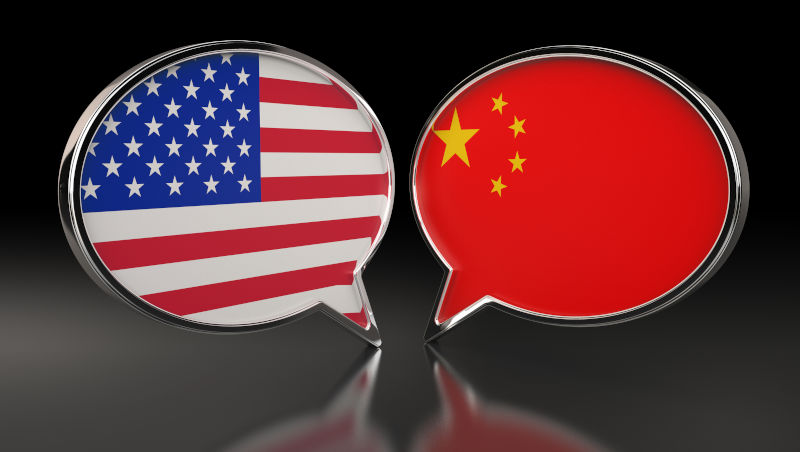Shangri-la Dialogue:some Americans just dont get China
June 6, 2023
Prime Minister Albanese spoke moderately and positively at the Shangri-la Dialogue in Singapore last weekend, although his address didnt really live up to its prior publicity. However the main impression from the exchanges at the Dialogue was of the differences between the US and China. Amazingly, the American Secretary of Defence didnt seem to realise that the US continuing to keep the Chinese Defence Minister on some kind of sanctions black-list would affect the latters willingness to engage in bilateral talks.
For the last year or two Chinese participants in talks with the US have made it clear that China does not and will not accept the US right or claim to speak for the world, and the United States action in 2018 in putting General Li on a sanctions list—not for committing atrocities or war crimes but simply for implementing his governments policy—was clearly seen as an example of US exceptionalism and extraterritoriality that China would not overlook.
In those circumstances Albaneses repeated endorsement of the USs call for contacts and discussion with China didnt reflect the present situation between the two, although it was well received.
Some other points made by Albanese were interesting in that he may even have been very diplomatically criticising the US. He cited and praised UNCLOS—the UN Convention on the Law of the Sea—which the US often refers to but hasnt ratified, and the World Trade Organisation, which the US is if anything trying to emasculate by refusing to allow any appointments to its important disputes tribunal. (China, as well as Australia, is a member of a voluntary body set up to as far as possible carry out the work of the disabled tribunal.)
Albaneses support of the idea of guard-rails in regulating affairs between the two great powers is also interesting. Many senior American spokesmen—President Biden himself and Secretary Blinken—have used this phrasing, as have PM Albanese and Minister Wong. Presumably it is meant to mean avoiding crossing from the tolerable in bilateral relations to the intolerable. But the point is what the two put into those two different categories. The Chinese claim that the Americans want to be able to interfere in what is for China a core issue, Taiwan, while taking economic measures—restrictions on trade in semi-conductor chips—designed to restrict Chinas economic growth. The Americans have concerns about the role of Chinese state trading companies and, in another sphere, about actions by Chinas armed forces in, for example, the South China Sea.
So perhaps the Americans are right to put such emphasis on bilateral talks, between the two great powers with their different world views. But to bring them about, they will probably have to be more realistic in assessing where each is starting from.

